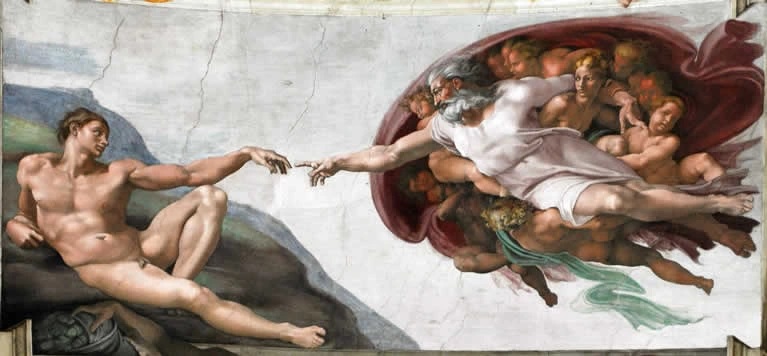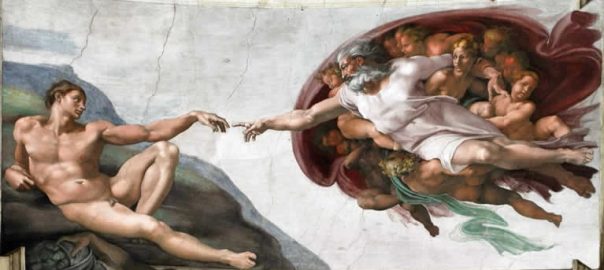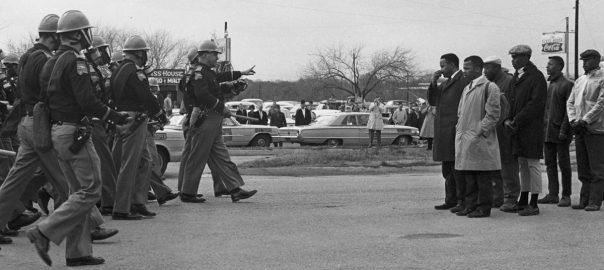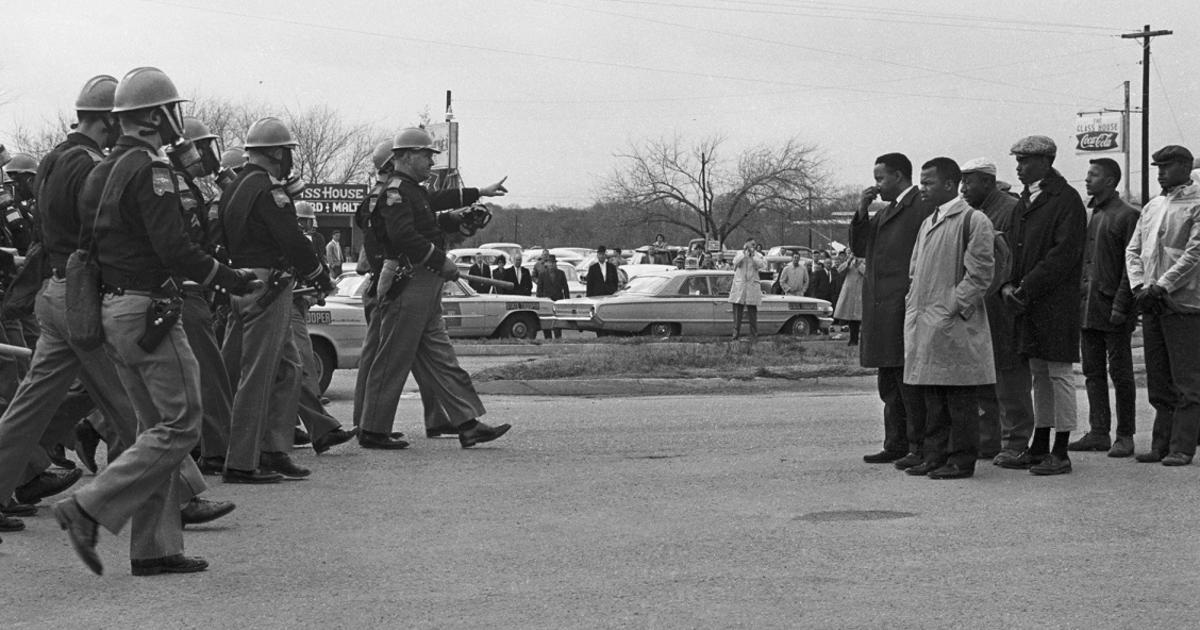An open question for Iowans.
What is the nature of God?
Yesterday, House Joint Resolution 8 was introduced to the Iowa legislature offering language that answers precisely that:
“In accordance with the laws of nature and nature’s God, the state of Iowa recognizes the definition of marriage to be the solemnized union between one human biological male and one human biological female.”
If ratified by voters the nature of God, as defined here, would become part of the Iowa Constitution.
We could talk about the 71% of Americans who believe gay marriage should be legal. We could reflect on how this acceptance has skyrocketed over the past three decades. Times have changed. The people have spoken.
We could consider the consequences of a law that limits a person’s right to marry who they love. A recent study shows 44% of LGBTQ youth in Iowa considered suicide in the last year compared to 18% of non-LGBTQ youth. Being treated as less than, by our government, for many of your fellow Iowans is literally a matter of life and death.
We could ponder whether religious language should be part of secular laws to begin with. Only 81% of us believe in God these days, a number that continues to decline. If God’s nature is used in our constitution to define who can and cannot marry, and you don’t happen to believe in God, then what? Perhaps it limits your ability to marry too.
But for now let’s return to the question, what is the nature of God? Because that is what the state of Iowa, with this attempt to amend our constitution, wants to define for you.
House Joint Resolution 8 would have you believe the nature of God is petty, controlling, judgmental, homophobic. HJR8 suggests God is more interested in limiting who you are than freeing you to become who you are called to be. It infers God screwed up with Creation somehow, and needs politicians to fix God’s mistakes. It codifies that basic human rights are for some of God’s children, but not for all.
Is this the God you know?
Because as a pastor I don’t recognize this God one bit.
The God I know created us in their image (Gen 1:26). At each step of creation the God I know saw everything they had made and called it good (Gen 1:4,10,12,18,21,24,28). Seven times God called creation good. Seven is a holy number. It signifies completion. It signifies perfection.
The God I know is often reflected on and celebrated at weddings. Faith, hope and love remain. And the greatest of these? Love. (1 Cor 13:13)
The God I know gave us just two commandments: to love them, and to love your neighbor as yourself. On these two commandments hang all the law. (Matthew 22:37-40)
The God I know encourages us to love one another, because love is from God; everyone who loves is born of God and knows God. (1 John 4:7-8)
The God I know doesn’t worry about gender, for there is no longer Jew or Greek, slave or free, male and female; for all of you are one in Christ Jesus. (Galatians 3:28)
If this sounds more like the nature of the God you know too it is time to act. As people of faith we are called to give voice to those our society seeks to marginalize. Especially when harming God’s creation is being done in God’s name.
Here are a few ways you can get involved:
Talk to your Pastor or Priest. Ask them how they plan to respond to HJR8, and other anti-LGBTQ+ Iowa legislation currently being considered. Ask them if they have officiated a same-gender wedding. Ask them if they would. Ask them if a same-gender wedding can be performed in your worship space. If not, ask why. Ask them what the common church catchphrase All Are Welcome means to them, and how your congregation lives into it.
Many Christian denominations and faith settings have evolved considerably to better care for, honor, respect and embrace the LGBTQ+ community in recent years, including my congregation, St. John’s Lutheran in Des Moines. If your faith community is already part of this shift towards inclusion celebrate that. If they are not help them change. Not all churches care about equality. Many more should.
Contact your legislators. Tell them you oppose HJR8. Let them know the freedom to marry should not be up for debate. Tell them what you think of this attempt to define the nature of God. Let them know your name, the name of your church, your Pastor’s name. Make sure they know that, as a person of faith, you cannot abide as your government seeks to define God in ways that cause harm. To reach your legislators go here.
Join Lutheran Day on the Hill. On March 14 join Lutherans from across Iowa, with our partners at Lutheran Services in Iowa. We will gather at the Capitol in Des Moines to amplify, advocate and empower our voices and our state officials. It is a great way to learn about advocacy, meet your legislators and state officials, and get more involved in issues like LGBTQ+ inclusion, supporting Iowa’s mental health system, and empowering refugees and immigrants. Register here. I hope to see you there.
Don’t let our legislators define God is such small, limiting, hurtful, harmful ways. Do better Iowa. Our Christian faith calls us to more.








